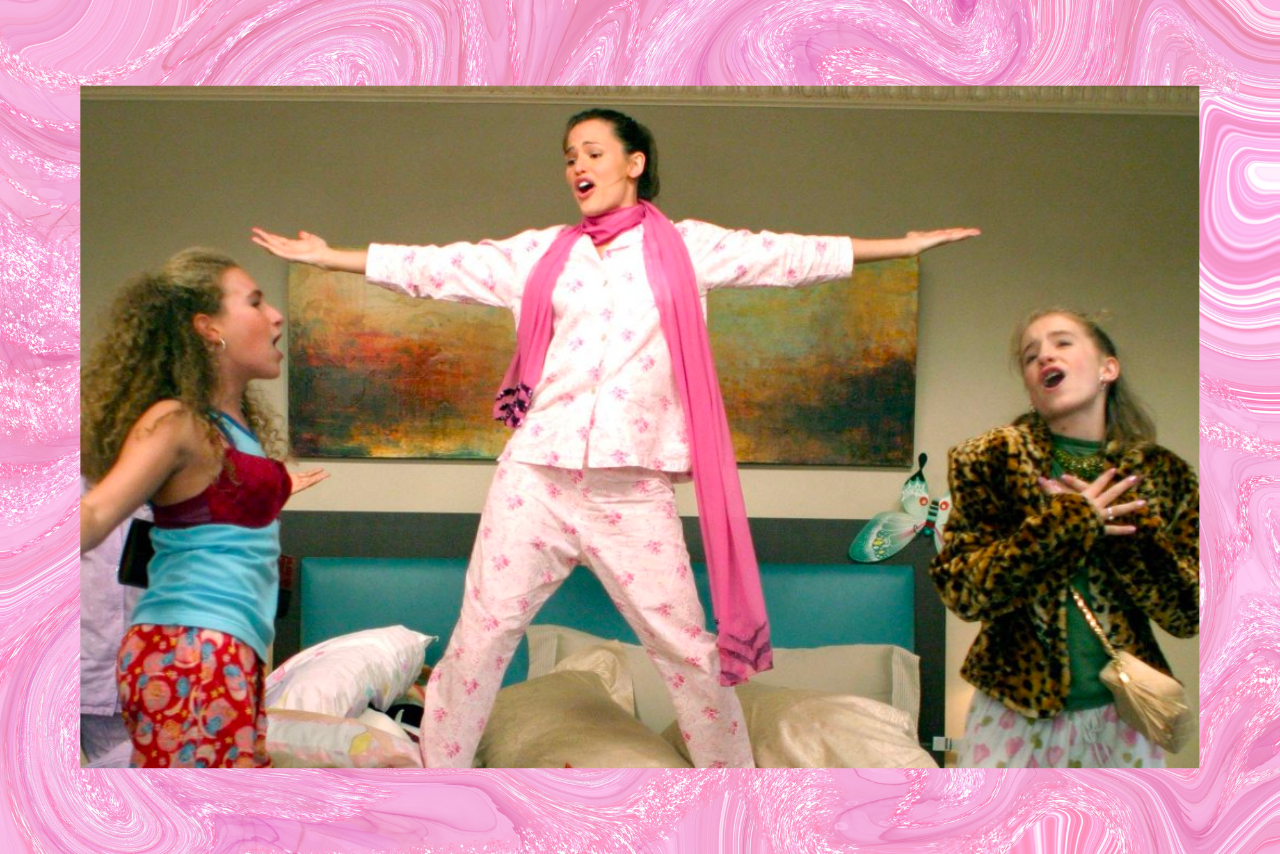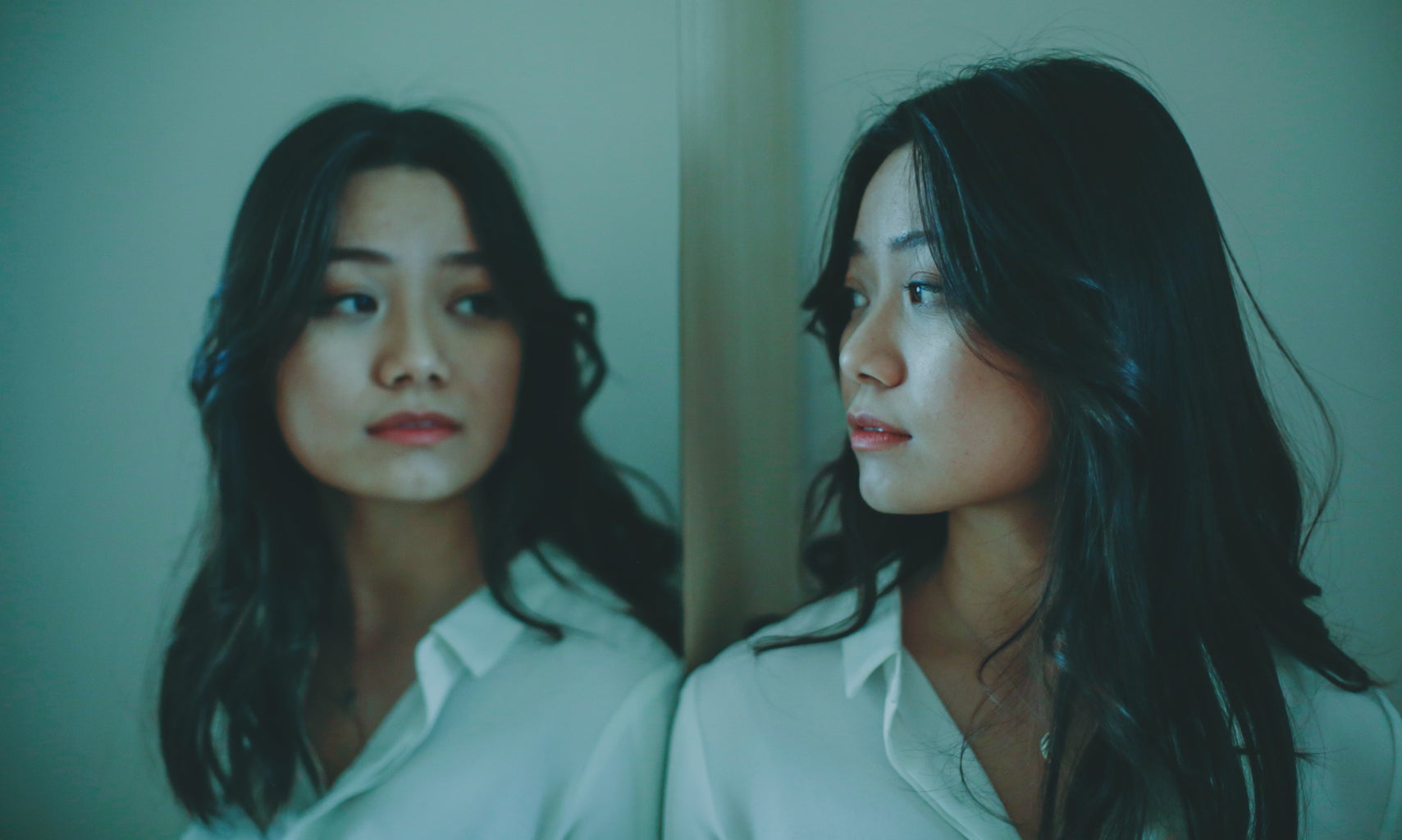Recently, I had a friend ask me for relationship advice.
I wasn’t overly surprised that she asked me for help. When it comes to advice, what I may lack in current experience, I can usually make up for with active listening. Compared to me, my friend is sheltered and shy, and within the trust and dynamics of our friendship it made sense that she’d ask me.
I was, however, surprised at the advice I gave—mainly because it’s not advice I would ever take myself. In response to her questions about navigating hope and how much (or how honestly) to express yourself when you’re uncertain of someone else’s feelings about you, I told her:
“We live in a society that’s pretty individualistic. Not just a hook-up culture, but an individualistic one that really prioritizes self-preservation and self-concept. Relationships are seen as having a winner and a loser: the one who cares more, who stays longer, who is more affected, is seen as the loser. You might be punished for being as earnest as you are. But being who you are is the only way to attract what you’re looking for: you can’t build a connection on a pretense. You might suffer if you’re as open and trusting and sincere as you are. But can you be open and trusting and sincere anyway?”
I wondered why my own advice felt so foreign to me. I wondered—a little wistfully—why my first emotion when I discover that someone I like returns my feelings isn’t joy or even relief, it’s disbelief. I wondered why and how I had resigned myself to feeling so invisible, so young. I wondered—a little sadly—when I first taught myself that my cynicism made me stronger and wiser.
In grappling with the questioning of my defence mechanisms, and the experiences and underlying beliefs that shaped them, I found myself tracing back to my Teenage Self.
A quick Google search of “inner child healing” yields (literally) hundreds of millions of results, many from reputable sources like psychologists and therapy-informed social workers. “Inner teen healing” is less robustly defined, and I don’t mean to co-opt and distort therapeutic language in the same way that terms like “narcissist” and “trauma bond” have been appropriated by our everyday vocabulary: when I talk about healing my inner teen, I’ll be talking about working through the experiences I had as a teenager and the lasting beliefs and behaviours that resulted.
My inner child may have been wounded and confused, but at least she seemed accessible and cooperative. By contrast, my inner teen seems angry, armoured and insecure.

My inner teen isn’t this way because she’s a villain or because of some flaw in her character. She isn’t this way because angst is part of the genetic makeup of people aged 13-19.
I think my Teenage Self is like this because she’s been hurt and she’s been disappointed. She’s sensitive and she can’t stand the possibility of something going wrong again, so she makes that possibility a certainty. I see it as self-sabotage, she sees it as control. I extend my Teenage Self patience. I may recognize her self-sabotage as dysfunctional and frustrating now, but to her, they are protective.
Returning to the relationship advice I was asked for earlier, maybe I was so moved by my friend’s question because of the personal empathy and identification of shared experience. I know the emotional investment and risk it takes to hope, and I know how much it hurts to be wrong. I know how the pain of rejection can be amplified tenfold when it seems to confirm a pattern of disappointments that have accumulated across people and years. But I know now that my apathy will protect me from nothing but joy. I know that my apathy is nothing more than cowardice in a leather jacket.
My first instinct when something doesn’t go my way is to run. When I struggled to adapt to grad school during my first month here, I masked the disappointment I felt by discrediting how much grad school meant to me. I told myself my program was silly anyway, an insular and hopelessly abstracted vanity degree for those privileged enough to defer adulthood a few more years.
I recognize now that discrediting what isn’t going my way is just my way of coping with the true emotions of disappointment I feel. If I make something seem less great, maybe it will hurt less if I fall short of it. But choosing to love, choosing to hope, and choosing to try isn’t the naïve thing—it’s the courageous thing.
All this honesty isn’t pretty. My insecurities and the coping mechanisms I’ve generated to cope with them aren’t pleasant. They can be selfish and mean and just plain ugly. My honesty is not cool and it’s not chill. But I think I’m starting to realize that being someone I can respect and relate to is more important than being someone I can like, and the foundation for that is self-honesty and accountability.
I guess I have to be gentle and patient with my Current Self too, not just my Teenage Self.
In some ways, I can heal my inner teen by facing the same stressors she did but with the perspective, experience and strength I have in my twenties. I can apply for scholarships and grad programs without the paralyzing self-criticism I felt applying for my undergrad. I can manage complicated friendships and relationships with more compassion, understanding and self-respect than before.

Sometimes, I just heal my inner teen by holding space for her. I hold space for her anger, hurt and frustrated desire without trivializing it or dismissing it as “teenage angst.” Sometimes, I’ll even just delve into the interests I had at the time—and the interests I didn’t let myself have because I thought they were too childish or too cringe. I love my stereotypical 2014 Tumblr playlists of the Arctic Monkeys and The 1975 but also, when my Spotify’s set to private, I might even listen to some Carly Rae Jepsen. (Her 2015 album e.mo.tion is Pop Bible, I’m so serious.)
If I could tell Teenage Mariel one thing, it’d be this: I’m not here to judge you. I’m not even here to teach you, really. I’m here to love and support you—and that love, that openness to life and all the fullness of life you will experience, will teach you more than any lecture I could speak to you.
Oh, and one more thing: You might suffer if you’re open and trusting and sincere but that is how you’re going to grow and flourish.



